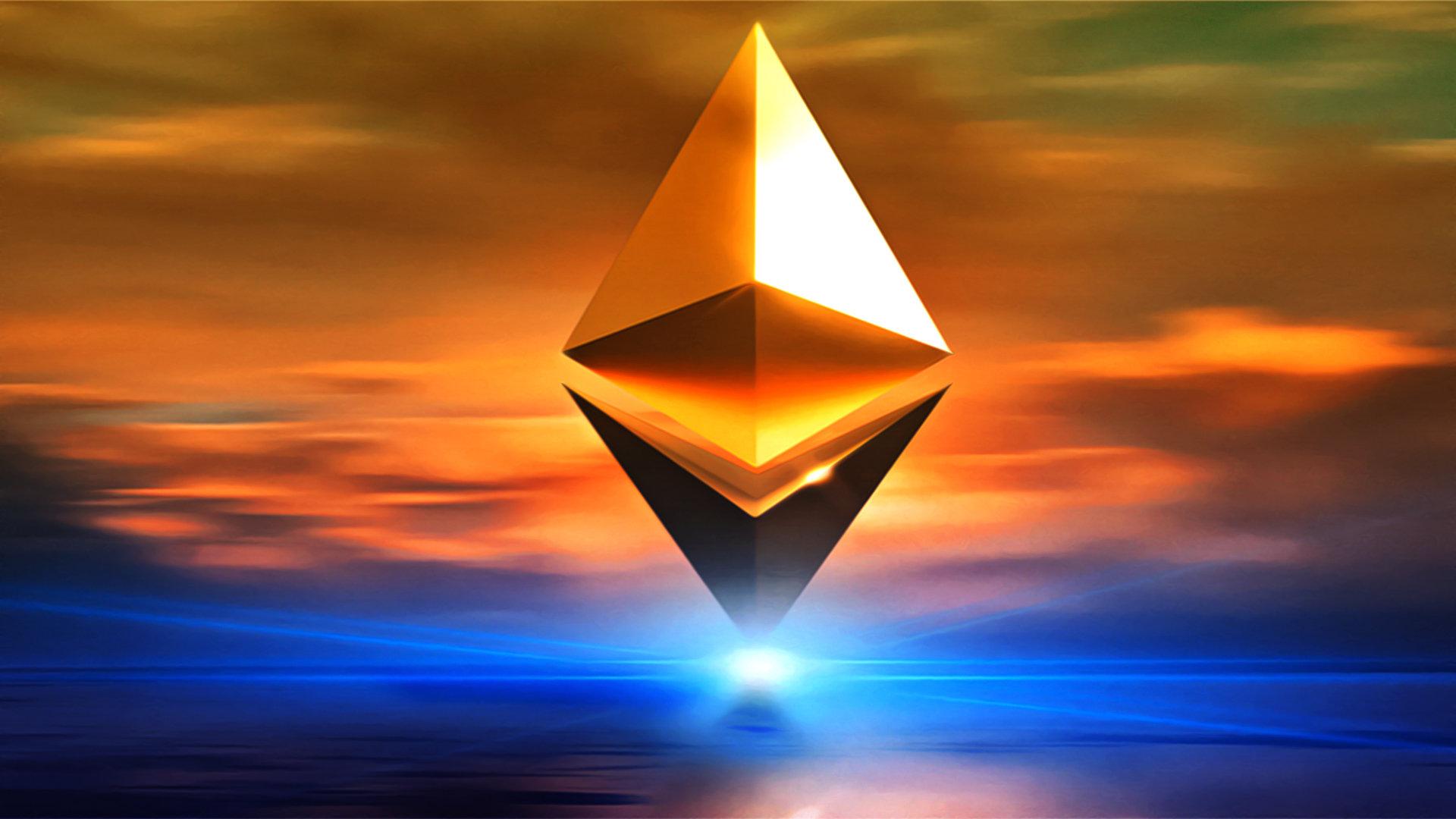- Ethereum Smart Contract platform is cutting-edge development technology with many advantages.
- Other Smart contrast platforms like Stellar, Rootstock, Corda, and Hyperledger have made a formidable mark and are used as an alternative to Ethereum by many developers
A Smart Contract Platform is a ‘Robotic Middleman’ who acts as a trustable catalyst for persuading a process of an Online transaction on a Blockchain. It is helmed by a path-breaking layer of Blockchain technology that facilitates communication between users, automates tasks, and hosts dApps (decentralized Apps). Thus, many Defi (Decentralized finance) developers frequently use the Smart Contract Platform to sanction flash loans, standard loans, and staking in a computerized and decentralized manner.
The technology of Smart Contracts is self-sufficient and self-executing. It is like a tool that can run tasks as well as administrate, manage, and execute tasks on its own. Using a simple interface on any blockchain-based platform, a developer can create a Smart contract application. Some of the popular Smart Contract platforms are Ethereum, Stellar, Rootstock, Corda, Hyperledger Fabric, Nem, etc.
Ethereum’s Advantages Over Others
Ethereum is the top choice Smart contract Platform for developers. While Ethereum as a cryptocurrency token was launched in 2013, a Smart Contract venture was started in 2015. ERC-20 token is used for offerings and transactions.
Ethereum is the most reliable for its users, and its decentralization makes it the most secure and authenticated in comparison to other platforms, giving it a clear edge over its contemporaries. Smart contract development is quite easy on Ethereum without any hassle. The operational process for a developer is also quite streamlined, with proper guidelines and a roadmap provided to developers
Ethereum has a very dynamic ecosystem that is open to adaptation and reform in order to keep safety and security intact and provide smooth functioning on a robust Smart contract platform. Apart from this, it also has the biggest market capitalization. Ethereum, unlike many other Smart contract platforms, also has its own programming language known as Solidity.
For companies that wish to create payment transfer induced Smart contracts like ICOs (Initial Coin Offerings), Ethereum is the best option, as many other Smart contract platforms do not even facilitate this.
Ethereum’s Disadvantages Over Others
While the Ethereum Smart contract platform is top tier, its perks come with some critical repercussions that one has to be aware of. A recent study from researchers from Singapore and the UK suggests that there have been almost 34,000 Ethereum Smart contracts that are susceptible to bugs. While Ethereum was quick to address and confront some of these bugs, the problem still resides since codes written to confront bugs are done manually, which is ironic since the whole point of the Smart platform is to run automatically without any human or third-party intervention.
Also, since the vast majority of developers are using Ethereum, the system can tend to overload, making developers skeptical about the processing of their contracts.
Other Smart contract platforms like Stellar, Nem, or Hyperledger are less expensive than Ethereum and are also immune to performance-based issues that Ethereum is vulnerable to.


